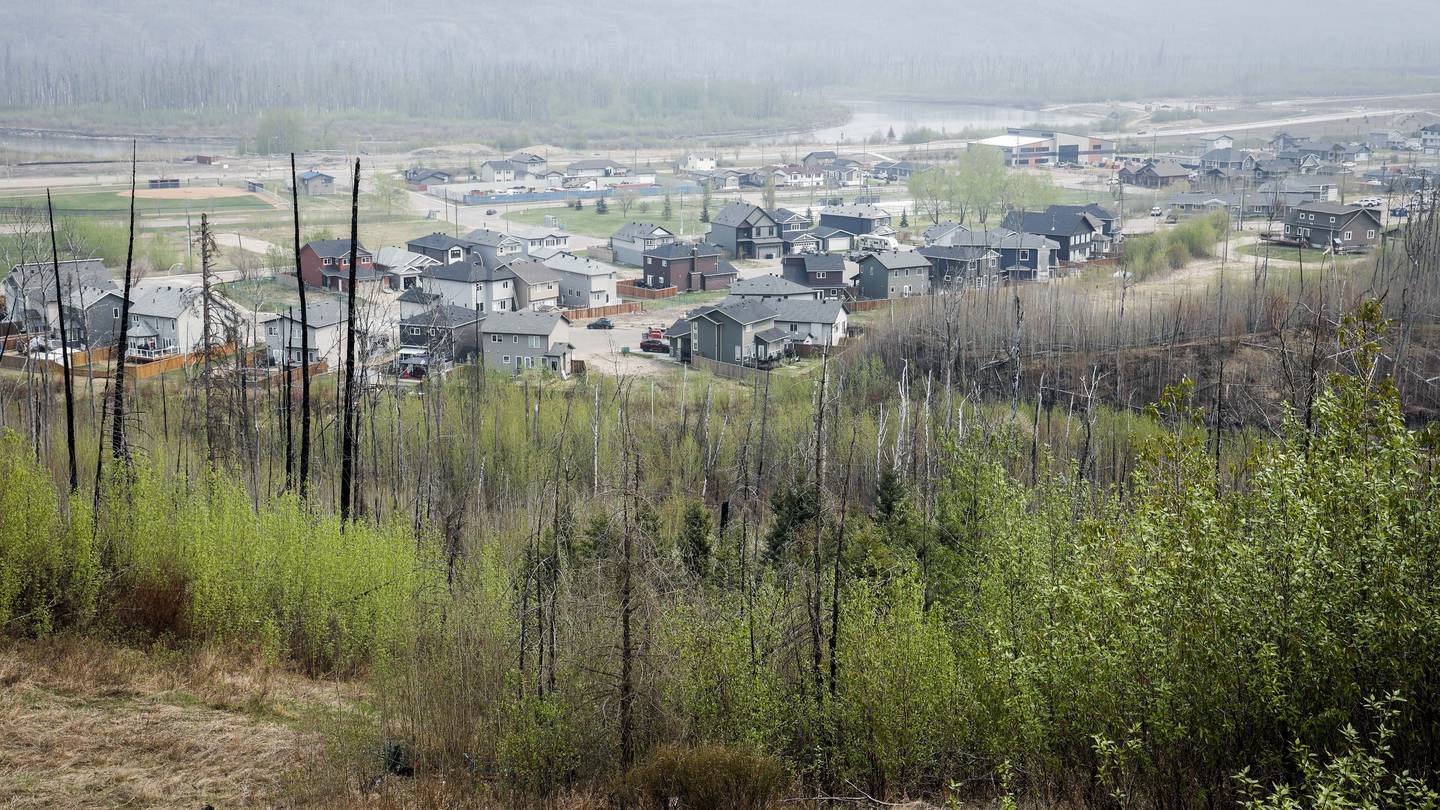OPEC Plans To Shock The World With This Move | Nobody Saw It Coming
#oil #gas #trade
Remember those cuts in production OPEC+ agreed to? Well, it seems like they might hang around longer than anticipated, possibly until December. And when this information surfaced, crude oil prices experienced an increase. Insiders suggest that OPEC+ aims to continue supporting the market by extending the cuts, perhaps for the entire year. One insider even hinted that extending the cuts into the second quarter is highly likely.
Let’s delve into the current market situation. Upon the release of this news, oil prices witnessed a noticeable rise. However, many individuals within the oil industry had already predicted OPEC+’s move. A recent survey by Bloomberg even hinted at this, indicating the necessity for OPEC+ to regulate oil production to maintain equilibrium. Experts stress the importance of sustaining these cuts to avert a potential crisis.
A reminder, OPEC+ agreed to reduce production this quarter. Some of these reductions were already in effect, such as Saudi Arabia’s voluntary cut. Notably, Saudi Arabia’s Energy Minister, Prince Abdulaziz bin Salman, hinted at the possibility of extending these production cuts back in December.
Factors influencing OPEC’s decision for output cuts include events from last November when OPEC, in collaboration with Russia, made significant cuts in production for the first quarter of this year. Saudi Arabia’s role in continuing its own voluntary cut is noteworthy. This year, geopolitical tensions, particularly incidents involving the Iran-aligned Houthi group in the Red Sea, have influenced oil prices. Despite these tensions, concerns regarding economic growth and high interest rates persist.
OPEC’s strategic decision-making process involves considering the transition towards green energy. Saudi Arabia’s major oil company, Aramco, is pausing its expansion plans, aligning with the global push for clean energy to combat climate change. Energy Minister Abdulaziz bin Salman emphasized the importance of renewable energy for future energy security. Aramco, previously focused solely on oil, is diversifying into oil, gas, petrochemicals, and renewables.
The decision to halt Aramco’s expansion plans was made after careful market evaluations, indicating a shift in focus towards renewable energy sources. This decision aligns with efforts to address the climate crisis and adapt to evolving energy trends. Abdulaziz bin Salman highlighted the historical evolution of energy security from oil-centric to gas-centric, emphasizing the emerging importance of renewables.
More Details In The Video
Regarding future expectations, OPEC remains optimistic, expecting growth largely driven by Asia. However, the International Energy Agency takes a more cautious stance, forecasting slower growth. This difference in outlook underscores the complexity of factors influencing the oil market, from geopolitical tensions to economic conditions.
Furthermore, the blog discusses Saudi Arabia’s broader energy transition strategy, aiming to decarbonize by 2060 and achieve operational net-zero emissions by 2050. This aligns with Crown Prince Mohammed bin Salman’s Vision 2030, which seeks to diversify the kingdom’s economy away from fossil fuels. The strategic decision-making within OPEC and its member countries reflects a broader trend towards sustainability and renewable energy adoption.
In Russia, there’s a notable change in oil production strategy. Russia has decided to halt petrol exports for six months starting in March, aiming to stabilize fuel prices amidst rising local demand. This move, supported by Prime Minister Mikhail Mishustin and Deputy Prime Minister Alexander Novak, reflects a proactive approach to maintain domestic fuel stability. Russia’s decision to limit exports serves as a strategy to mitigate potential shortages and maintain price stability in the fuel market.
By ceasing petrol exports, Russia aims to address domestic fuel demands while also ensuring stability in the global oil market. This decision reflects Russia’s proactive approach to manage internal fuel requirements and maintain stability in the fuel market amidst fluctuating global conditions. The extended halt on exports underscores Russia’s commitment to safeguarding domestic fuel supply and stabilizing global fuel prices, particularly in light of geopolitical tensions and ongoing economic uncertainties.
More Details In The Video










![SEIA Statement on Biden Administrations Action to Support American Clean Energy Manufacturing [Video]](https://energynewsvideo.com/wp-content/uploads/2024/05/mp_372727_0_GreenEconomyManufacturingCleanTechnicaWatermark1png.png)
![Rain, cooler temperatures help prevent wildfire near Canadas oil sands from growing | KLRT [Video]](https://energynewsvideo.com/wp-content/uploads/2024/05/mp_373422_0_6646629e471f3827881534jpeg.jpg)
![How significant is Russias new military offensive in northeastern Ukraine? | Russia-Ukraine war [Video]](https://energynewsvideo.com/wp-content/uploads/2024/05/mp_370789_0_image1715630159jpg.jpg)

